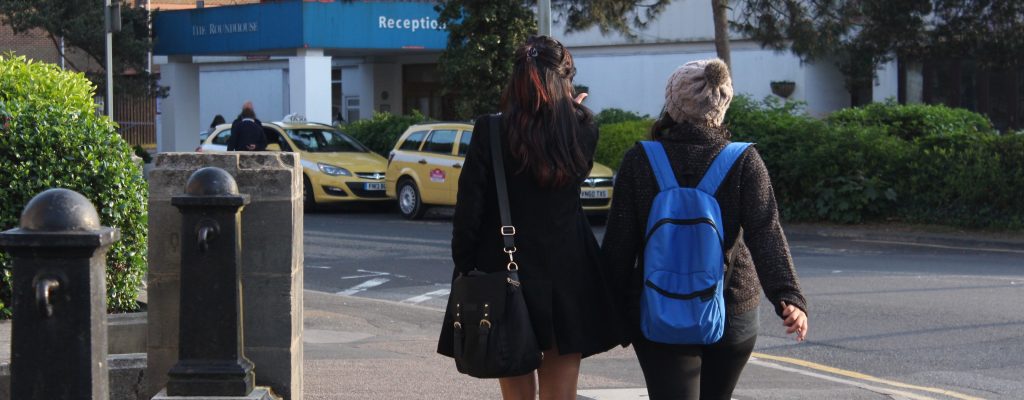As I enter the final year of my liberal arts degree, I have begun to think of the contradictions in education. By contradictions I mean how a new trend replaces an old one — what was preached and theorised as correct by one timeframe has been replaced by a counter-narrative produced by a succeeding timeframe.
As contradictions occur, paradoxes are created and to put it in simple words, a certain sense of change can be experienced. Humans have always had trouble accepting change. They find it difficult to accept that something they had been following or had learnt might be untrue. It breaks away comfort zones. But then, that very area, the one that lies beyond the comfort zone, is the one that is pregnant with innovations.
My trip to Bournemouth has revived another vital timeframe in my life. Every session that we visiting SSLA students have been exposed to is questioning what has existed, and this process has thoroughly churned our minds and made us question and think about our beliefs and assumptions.
The first lecture was by Dr Roman Gerodimos on ‘Global Citizenship: Encountering the Other’. It began the mental-churning process. Internet and the information age have been massively associated with progress within developing countries, and further advancements within developed countries. It has been connected to newly coined terms like the ‘global village’ since it is claimed to have connected the entire world through the quick and efficient carrying of information.
In the lecture we were reminded of the concept of ‘filter bubble’. I use the term ‘reminded’ because it is something that has never been hidden from me, but I was too ignorant to have noticed it. Since online surfing is a voluntary process, we are stuck in a bubble full of comfort, and don’t really consider surfing websites other than the ones we are used to. To top it all, since websites look for profit maximisation, algorithmic instructions limit the flow of information even further. Considering these phenomena, is it really connecting the globe? The answer is a daunting ‘no’. If an element of progress suddenly appears destructive, it raises thousands of questions and a sudden need to unlearn.
Another such lecture was by Dr Trevor Hearing, who also made me step outside of the comfort zone that I tend to create for myself and aided me to think beyond what has been taught. A part of his lecture addressed on ‘popularising research through media’, which came as a shock to me since the concepts of research and usage of media to put it forth seems quite contradictory. For years, research scholars have been dependent on research papers and journals, and have strictly followed an academic tone while writing and presenting their research. Initially the idea of presenting research in the form of films, posters, dramas, dances and other forms of art seemed bizarre. However, the lecture made us ponder over the possibility and impact of such transitions. By producing academic papers with jargon and a specific tone, are we restricting research to a few? Does academia think about the laypeople who may not wish to read academic papers in their free time? Such questions made me more accepting of other ways of presenting research findings, in ways a layperson could comprehend easily.
As an aspiring research scholar and educator, such lectures have not only given me a flavour of a British university, but are still constantly making me a more open and flexible human being so that when I teach in future, I am easily able to welcome opinions from every spectrum possible and encourage innovations.

Leave a Reply